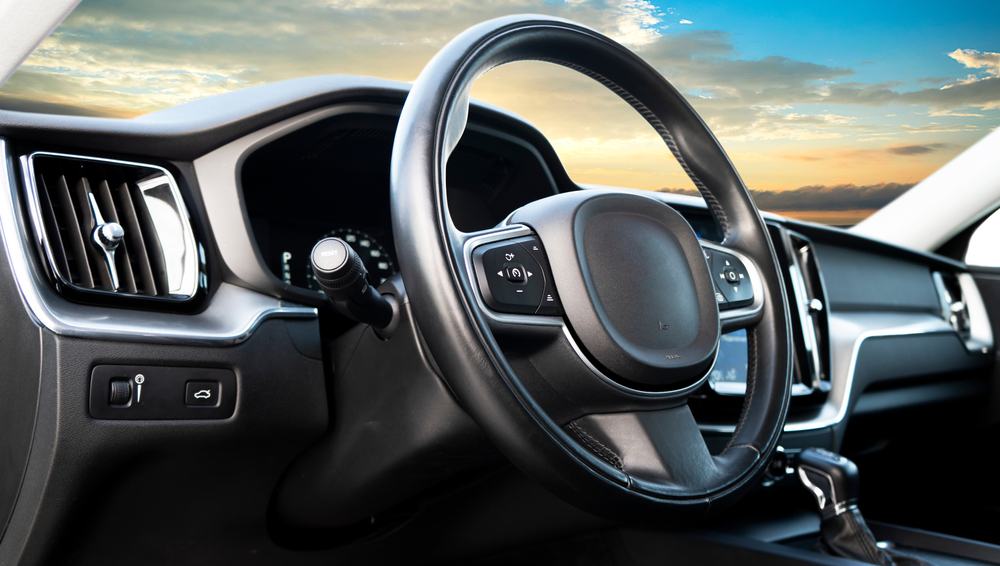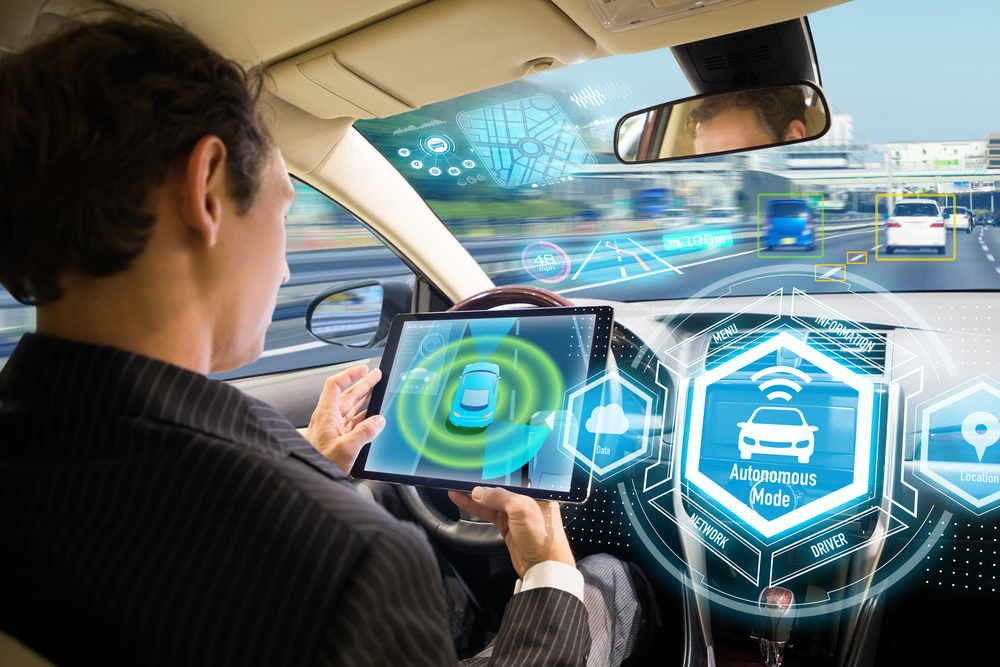As vehicles become increasingly advanced, the integration of biometric technology is opening new frontiers in automotive design. Bio-integrated vehicles, equipped with advanced health monitoring systems, represent a groundbreaking evolution in how cars interact with their drivers. These innovations aim to enhance driver safety, comfort, and overall well-being by integrating real-time health data with vehicle performance. Discover how this emerging technology is transforming the driving experience and paving the way for a healthier future on the road.
Biometric Sensors for Health Monitoring: Tracking Vital Signs in Real-Time
Biometric sensors integrated into vehicle interiors monitor vital signs such as heart rate, blood pressure, and stress levels. These sensors can be embedded in the steering wheel, seat, or dashboard, providing real-time health data to the vehicle’s system. By continuously tracking these metrics, the vehicle can alert the driver to potential health issues or suggest breaks when stress levels are high, enhancing overall safety and well-being.

Personalized Driving Environments: Adjusting Based on Health Data
Bio-integrated vehicles use health data to personalize the driving environment for optimal comfort. For example, if biometric sensors detect high stress levels, the vehicle might automatically adjust the seat position, climate control, or ambient lighting to create a more relaxing environment. This customization enhances driver comfort and can help reduce fatigue and stress during long journeys.
Advanced Fatigue Detection Systems: Preventing Drowsy Driving
Advanced fatigue detection systems use biometric data to identify signs of drowsiness or impaired alertness. By analyzing patterns in heart rate variability, eye movement, and posture, these systems can provide alerts or recommendations for rest breaks. This technology aims to prevent drowsy driving, reducing the risk of accidents caused by driver fatigue and ensuring safer travel.
Emergency Health Response Features: Enhancing Safety in Critical Situations
In the event of a health emergency, bio-integrated vehicles can automatically initiate safety protocols. For instance, if a biometric sensor detects a sudden drop in vital signs indicative of a medical emergency, the vehicle can autonomously pull over, alert emergency services, and provide location data to first responders. This feature enhances driver safety and ensures a rapid response in critical situations.

Adaptive Seat Technology: Supporting Posture and Comfort
Adaptive seat technology in bio-integrated vehicles adjusts seat ergonomics based on biometric feedback. For example, if sensors detect poor posture or signs of discomfort, the seat can automatically adjust lumbar support, cushioning, and seating angles to promote better posture and reduce strain. This technology enhances driving comfort and helps prevent musculoskeletal issues associated with prolonged driving.
Stress Management Systems: Incorporating Relaxation Techniques
Stress management systems in bio-integrated vehicles use health data to offer real-time relaxation techniques. These systems might include guided breathing exercises, calming audio, or visual relaxation prompts based on the driver’s stress levels. By incorporating these techniques, vehicles can help drivers manage stress and maintain focus, contributing to a more enjoyable and less stressful driving experience.
Real-Time Health Analytics: Providing Insights and Recommendations
Real-time health analytics systems analyze biometric data to provide actionable insights and recommendations. For instance, the system might suggest lifestyle changes, exercise routines, or dietary adjustments based on ongoing health monitoring. By integrating these insights into the driving experience, vehicles can promote healthier habits and provide valuable feedback for improved overall well-being.

Personalized Health Profiles: Customizing Vehicle Interactions
Bio-integrated vehicles can create personalized health profiles for each driver, tailoring vehicle interactions based on individual health needs and preferences. These profiles store data on drivers’ health conditions, preferred comfort settings, and stress management techniques. This customization ensures that each driver’s unique health requirements are addressed, enhancing both safety and comfort.
Integration with Health Apps and Wearables: Synchronizing Data Across Platforms
Integration with health apps and wearable devices allows bio-integrated vehicles to synchronize data across multiple platforms. For example, data from a smartwatch or fitness tracker can be used to provide a comprehensive view of the driver’s health. This synchronization enhances the accuracy of health monitoring and provides a holistic approach to managing well-being while driving.
Enhanced Driver Assistance Systems: Combining Health and Performance Data
Enhanced driver assistance systems use health and performance data to optimize vehicle operation. For instance, if biometric sensors detect high stress levels or fatigue, the system might adjust driving assistance features such as adaptive cruise control or lane-keeping assistance to accommodate the driver’s current state. This integration improves driving performance and safety by aligning vehicle functions with the driver’s health condition.

Future of Health-Integrated Vehicles: Advancements on the Horizon
The future of bio-integrated vehicles promises even more advanced health monitoring and personalization features. Upcoming innovations may include predictive health analytics, more sophisticated biometric sensors, and enhanced integration with medical systems. As technology evolves, bio-integrated vehicles are expected to play a pivotal role in promoting driver health, safety, and comfort, setting new standards for automotive design and functionality.
Conclusion
Bio-integrated vehicles represent a revolutionary advancement in automotive technology, merging biometric health monitoring with driving experience enhancements. From real-time health tracking and adaptive seat technology to stress management systems and emergency response features, these innovations are redefining how vehicles interact with their drivers. As the automotive industry continues to integrate health technologies, the future of driving promises to be safer, more comfortable, and more attuned to individual well-being.

